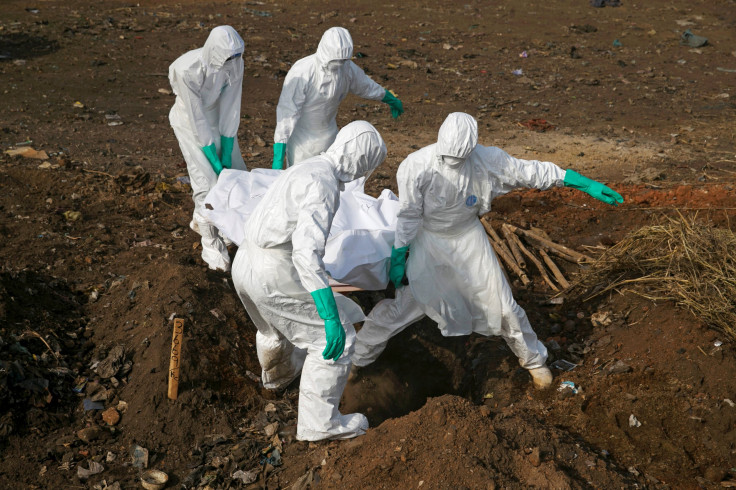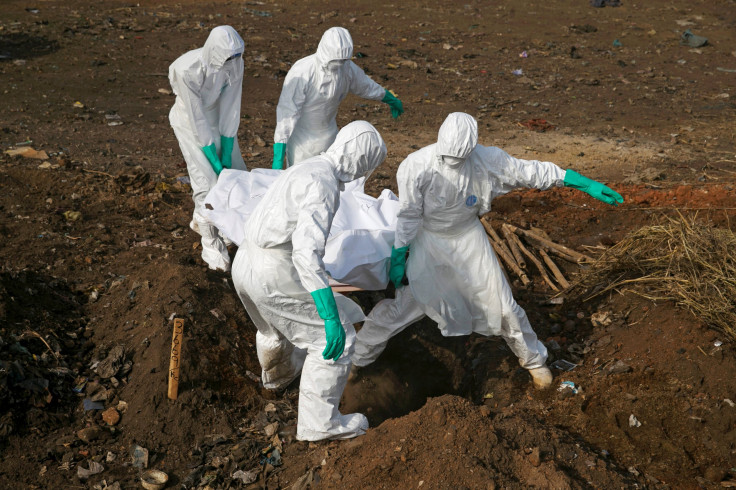When Will The Next Epidemic Be? Global Pandemic Risk Greater Than Ever

The conditions that make modern life easier and more enjoyable have also put the world at a greater risk for a pandemic than ever. Experts agree that the world is more at risk for large-scale outbreaks like that of Zika and Ebola thanks to a combination of these factors, CNN reported Monday.
“Many aspects of modern life put us at more risk,” Jimmy Whitworth, professor of international public health at the London School of Hygiene and Tropical Medicine, told CNN. “We are more ready than before. But the stakes keep getting raised.”
Read: The World Is 'Grossly Underprepared' For The Next Global Epidemic
An increasing world population moving closer together amid more urbanization than ever before creates an easier scenario for a potential disease to be transmitted, Whitworth said. Humans moving into previously undisturbed territories mean new animals transmitting new infections, while global travel means faster and easier movement of diseases.

Civil unrest hinders a country’s ability to respond to a health crisis, while fewer doctors and nurses in developing regions mean those areas likely won’t be able to adequately combat a disease. Climate change and its consequent natural disasters like floods mean an increase in vector-borne illnesses like those carried by mosquitos.
These combined risk factors line up to present conditions ripe for a flourishing epidemic, Whitworth said.
Recent outbreaks like the 2014 Ebola epidemic and the 2015 emergence of Zika wrought havoc on the health and economies of various regions in the world.
It’s unclear what, exactly, the next epidemic might bring. Researchers cited modern day risk factors in the spread of illnesses like the Ross River virus, currently found in Australia and Papua New Guinea and thought to possibly become the next epidemic.
“With the large number of Australians now traveling, it would not be unreasonable to expect one or more tourists to carry Ross River virus overseas to seed a new epidemic,” Phil Weinstein, a professorial research fellow at the University of Adelaide in Australia and the lead author of a study on the subject said in February. “With the right conditions, this could take off globally in exactly the same way Zika did.”
Read: Mosquito-Borne Ross River Virus On Par To Become Next Zika
No matter the disease, the world is likely not ready to combat it. After studying the response to the Ebola crisis and the conditions that led up to it, a report published in January concluded that the world is collectively “grossly unprepared” for any major outbreaks of disease in the future.
“We will not be ready for the next outbreak without deeper and more comprehensive change,” the research team of the Graduate Institute of International and Developmental Studies in Geneva, Switzerland, said in a press release. “We found remarkable consensus on what went wrong with the Ebola response and what we need to do to address the deficiencies. Yet not nearly enough has been done. Ebola, and more recently Zika and yellow fever, have demonstrated that we do not yet have a reliable or robust global system for preventing, detecting and responding to disease outbreaks.”
© Copyright IBTimes 2024. All rights reserved.






















